Online journalism innovator Paul Bradshaw has taken voluntary redundancy from his post as course leader for the online journalism MA at Birmingham City University, in what he says was a “complicated decision”.
Bradshaw, who is also founder of the Online Journalism Blog, hopes he can now invest more time in his own projects, with immediate plans to develop his Help Me Investigate site.
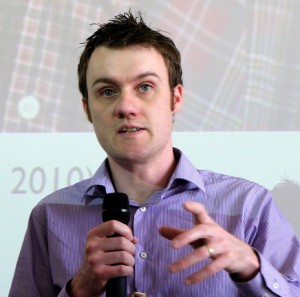 “It was a very complicated decision,” he told Journalism.co.uk. “There are a lot of opportunities around data journalism that I want to explore and I want to spend more time on Help Me Investigate. I felt it was probably the right time to dive in to more of those opportunities and now I have time to accept offers I have been made. But I am wary of taking too much work on. Part of the point is to invest more time in Help Me Investigate. I plan to start some development work and explore business models soon.”
“It was a very complicated decision,” he told Journalism.co.uk. “There are a lot of opportunities around data journalism that I want to explore and I want to spend more time on Help Me Investigate. I felt it was probably the right time to dive in to more of those opportunities and now I have time to accept offers I have been made. But I am wary of taking too much work on. Part of the point is to invest more time in Help Me Investigate. I plan to start some development work and explore business models soon.”
Bradshaw is also already working on two different books, his own on magazine editing which is set to be completed by the end of the year and another dedicated to online journalism, which he is contributing to with former FT.com news editor Liisa Rohumaa, likely to be out by early next year.
On top of all that, he admits he may keep his toes in the teaching pool.
“I will certainly miss parts of teaching,” he told Journalism.co.uk. “I absolutely, enormously enjoyed teaching the students this year. Some of their work has been the best so far. I may still do a bit of teaching, but I think I have always wanted to keep growing and developing. The students say they are gutted, but they were quite excited and positive about what I am doing. I am experiencing a huge jumble of emotions. I am excited about the possibilities but I am really going to miss the students and staff.”
 Tomáš Bella
Tomáš Bella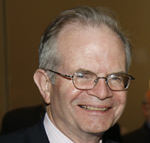 Paul Steiger
Paul Steiger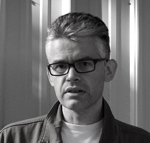 Chris Taggart
Chris Taggart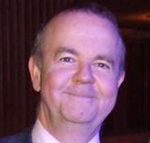 Ian Hislop/Private Eye
Ian Hislop/Private Eye Brian Boyer
Brian Boyer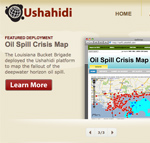 Ushahidi
Ushahidi